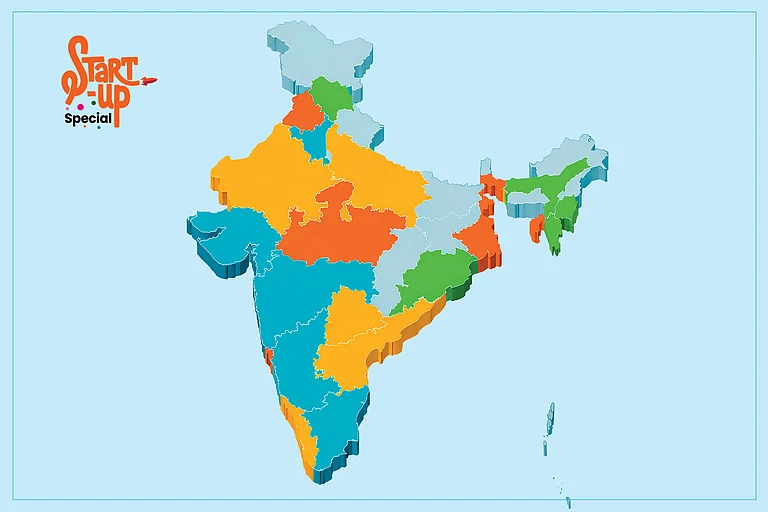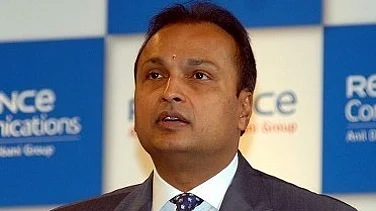In the last decade, 22 per cent of Indian unicorns were started by solopreneurs, compared to two or more co-founders leading the other 78 per cent, according to an analysis by PrivateCircle Research, a private market intelligence platform.
PrivateCircle considered a list of 113 unicorns for this analysis, out of which 61 unicorns were founded in the last decade. Unicorn is a term used in the venture capital industry to describe a start-up that is valued at $1 billion or more.
Further, 40 per cent of these solopreneurs have started fintech unicorns, including CRED, Slice, GoDigit Insurance, Acko, and others. Interestingly, Bengaluru was the most preferred headquarters location for solopreneurs in the last decade.
While success in business is dependent on various factors, the data suggests a higher win rate for start-ups with two or more founders. Data from PrivateCircle found that Indian unicorns, on average, have two founders. Further, the average revenue generated by cofounder unicorns (Rs 2,909 crore) was found to be 32 per cent more than the average revenue of solo founder unicorns (Rs 2,196 crore). This is based on the latest revenue numbers available for each company.
Also, variations were observed in the central tendencies of both groups, indicating that on average, co-founder-led companies raise more funding than solopreneurs. Central tendency is a statistical measure that represents the single value of the entire distribution or dataset.
However, some solopreneur-led unicorns have managed to raise large funding rounds, especially from Bangalore. Additionally, six unicorns led by solopreneurs have successfully launched their IPOs, while seven unicorns led by founding teams have been listed on the stock exchange.
Dr. Murali Loganathan, Director of Research at PrivateCircle, said, "The founding team size dilemma is one of the oldest dilemmas faced by start-up founders. Ultimately, the choice depends on the individual's temperament, goals, and the specific dynamics of the venture they are embarking upon. The variation in central tendencies of both groups indicates that investors prefer co-founder-led companies. It can also be a function of co-founders being able to tap a larger network of contacts.”
He added that the higher average revenue of co-founder-led companies also hints towards the possibility that two or more founders bring complementary skills and broader networks, which can lead to more effective resource utilisation, and, in turn, greater business success.
































